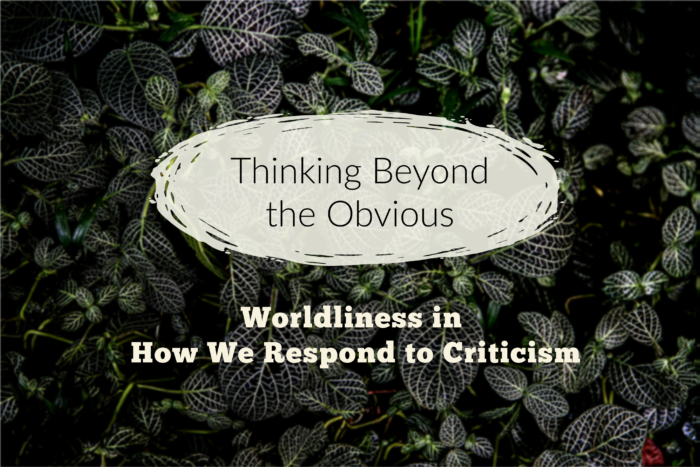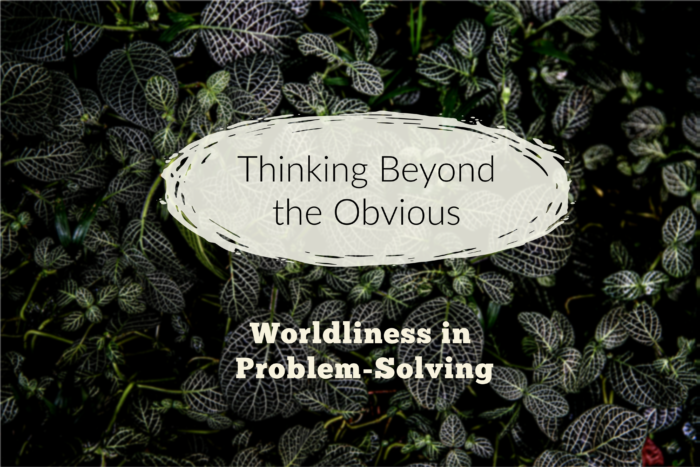The Little Foxes
This past week, I was blessed to spend a few days at the beach with two of my best friends. As we walked into the unfamiliar Air Bnb, we took a look around. It was a cute little condo right on the beach, albeit with a view of the dunes rather than the ocean, given its first floor location. But that didn’t bother us. We could still hear that lovely lull of the waves. Such wonderful medicine for the soul.
As we explored the small condo, we naturally looked outside to check out our view. Suddenly, one of my friends said, “and we have a fox…”
Quite honestly, that didn’t compute for a second. A fox? In Ocean City, Maryland? Foxes live in meadows and woods and forests. Not at the ocean. But, lo and behold, there stood a very sickly-looking fox staring at us. And not moving. It made us all a bit nervous. What was it doing here? And why wasn’t it running away when we opened the door to take its picture?
On the way to lunch that day, I called and left a message for wildlife control. Could they take care of the sick fox sitting right outside our patio?
But it was still there when we returned later on. So my friend called the police to see if they would do anything. They said no. Lo and behold, and totally unbeknownst to us, OC, MD has a fox problem. They wouldn’t be out to do anything unless he got aggressive or caused a problem.
He wasn’t causing any problems. He just sat there looking at us like he was waiting for something. Over the course of the next few days, two more foxes with totally different markings would show up in the morning and the evening. They would lay comfortably out in the sun or under the shrubby tree nearby as the sun set, their heads perking up hopefully when we’d open the sliding door. They seemed to be waiting for something…
At some point, it dawned on us that there must be someone on the lower floor of this building that was feeding them. They were coming around because they would sometimes get fed.
I had never seen a fox that close up before. Aside from that poor sickly one (which looked like it had mange and was on its way to a slow, torturous death), they were rather cute (see photos above). In fact, they reminded me very much of my dogs. Which, of course, makes sense since, in the purest sense of the word, they are dogs.
As I thought about these foxes, I realized that they are a little bit like the temptations we feed.
Just as those foxes thrive on those bits and pieces thrown out to them, so, too, do our temptations thrive on us caving to them. Just as those foxes come around with expectations, so, too, do our temptations to sin. If they would stop getting fed–the foxes and the temptations–they’d stop coming around so often.
It reminds me of when my kids were little and they’d pest each other. The glee of the “pester” came from the response of the “pestee”. When the “pestee” stopped responding, pesting lost all its fun.
I think temptation is a little like that. The more we cave to the temptation, the more often that temptation comes. When we can, with the Lord’s help, say no to that temptation, we experience a small victory. The more we can say no, the more power we have over that temptation. As we grow stronger, the temptation grows weaker.
So often, when we talk about temptation and sin, we think of these “giant” sins that we arrogantly declare we would never commit. But let’s consider some of those respectable sins that beleaguer those who consider themselves “above” those gross sins. Sins such as self-absorbtion, anxiety and worry, pride, envy, holding grudges, gluttony, immodesty, ungodly entertainment, angry outbursts… so many little foxes everywhere we turn.
I don’t know what particular sin you struggle with today. I do, however, know the struggles I have. I am greatly encouraged by this verse from I Corinthians 10:13–
No temptation has overtaken you except such as is common to man; but God is faithful, who will not allow you to be tempted beyond what you are able, but with the temptation will also make the way of escape, that you may be able to bear it.
We have the power through the Holy Spirit to keep those little foxes from coming around all the time. God is faithful and He has made a way of escape. Our duty is to choose that way of escape.
As always, this is easier said than done. But God’s Word tells us it is not impossible.
So let’s keep fighting the battle to keep those “little foxes” far, far away from our hearts and minds. We may not be able to eliminate them completely, but we can lessen them greatly!










